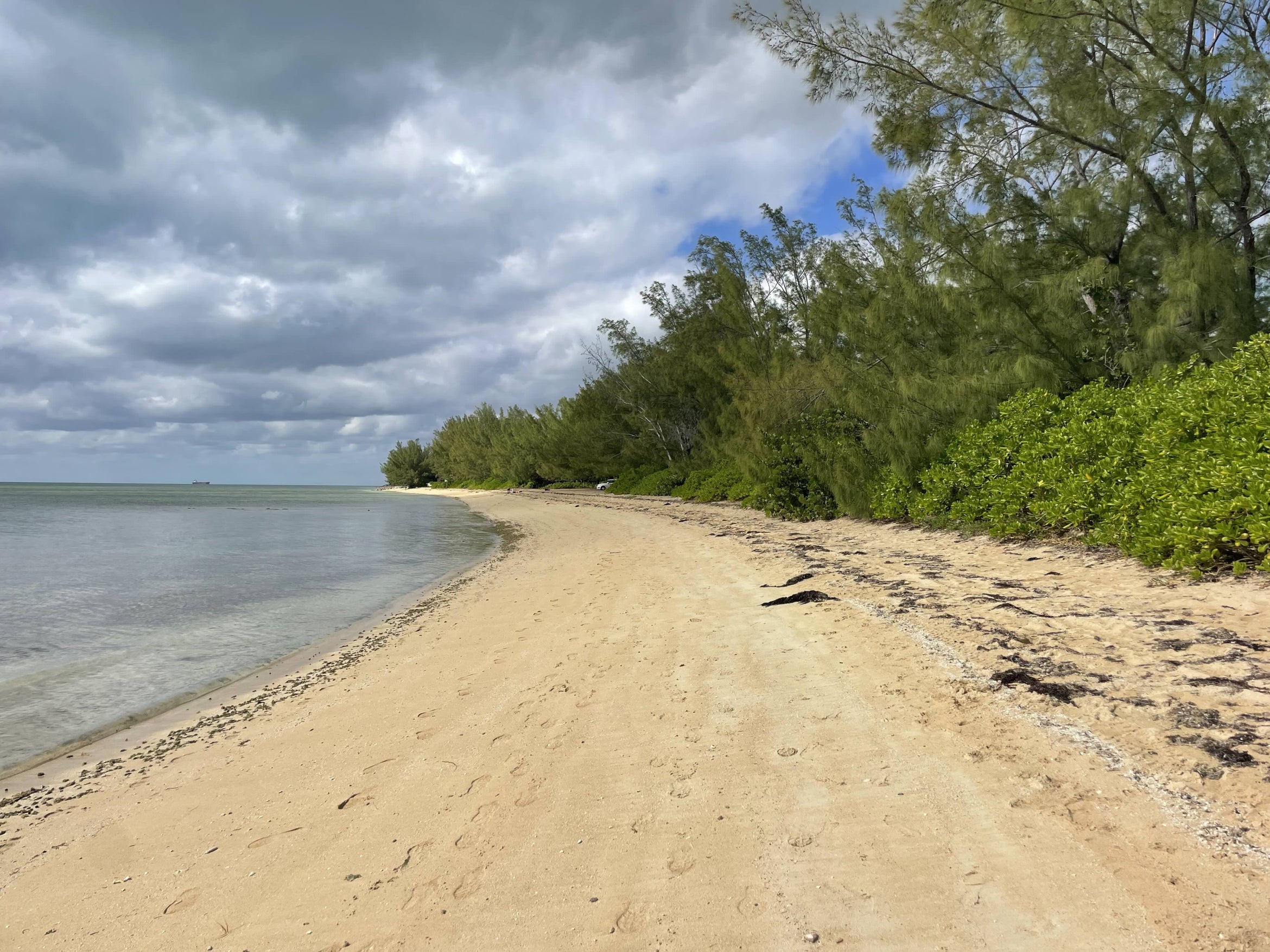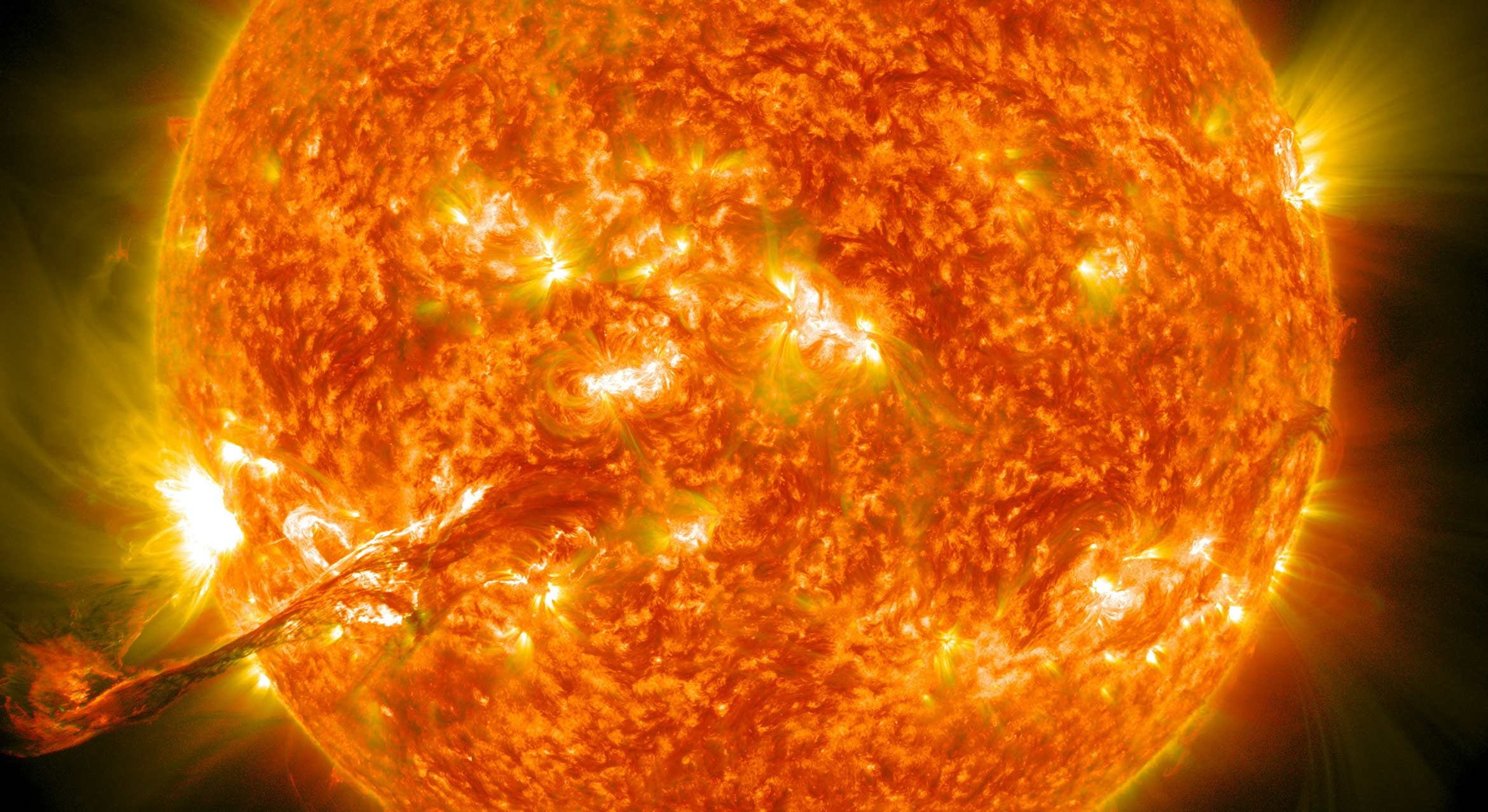UCSB Affiliates Science Lite Event to Focus on Alternative Energy Sources
An unprecedented global effort is under way to reduce carbon dioxide in the atmosphere and oceans and to combat global warming. Even in these times of significant change, however, many people do not truly understand the sources of their energy or the environmental and economic benefits –– and impacts –– of the alternatives. Coal, for example, is a vital source of energy for the world's electricity, yet it contributes 40 percent of the world's carbon dioxide.
In a lecture on Thursday, December 10, Mel Manalis, a research physicist and senior lecturer for the Environmental Studies Program at UC Santa Barbara, will review the fundamentals of global warming and explore the strengths and weaknesses of alternative energy sources. His talk is the final in the UCSB Affiliates' Science Lite lecture series, which has explored various aspects of energy, including production, conservation, and efficiency.
The lecture, titled "Energy Sources and Climate: Thinking Outside the Box," begins at 7:30 p.m. at First Presbyterian Church Fellowship Hall, 21 E. Constance Avenue. It will be preceded by a reception at 7 p.m. Admission is $8 for UCSB Affiliates and Chancellor Council members, and $10 for all others. Advance reservations are recommended and can be made by calling the Office of Community Relations at (805) 893-4388.
A member of UCSB's Institute for Energy Efficiency's Economics and Policy Solutions Group, Manalis is a specialist in the development of quantifiable sustainability measures. He has taught at UCSB for 35 years, and developed courses related to energy. During the 1980's, he led a seminal delegation of wind energy experts to advise the Chinese government on how to initialize a large-scale wind energy effort. That effort has become a major underpinning of China's rapid advance in wind power development. He conducted the first wind energy study at Vandenberg Air Force Base, and the nascent study of solar energy applications for the California Energy Commission following the 1973 oil embargo.
More information about the Science Lite series is available at www.ia.ucsb.edu/comrel/events.shtml.
Related Links



